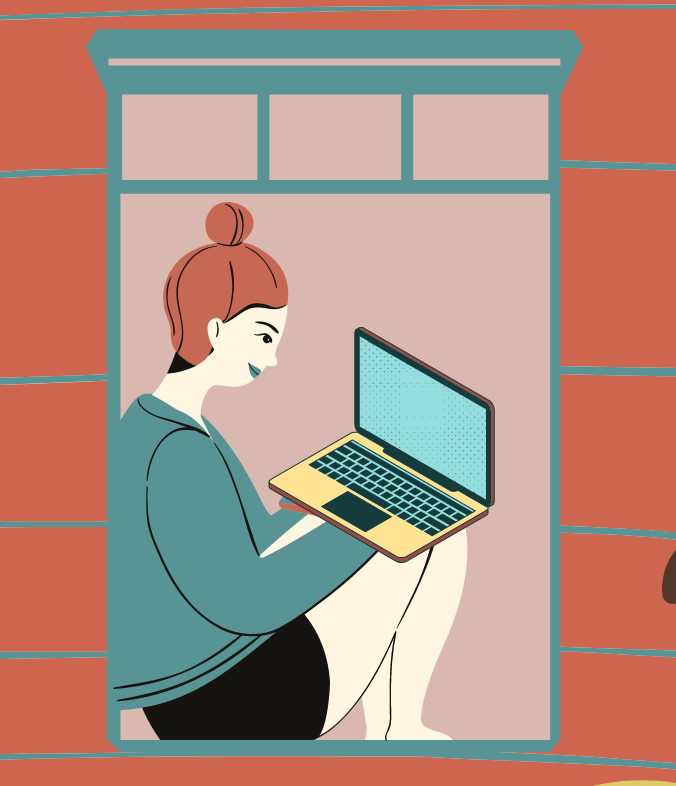Everyone deserves to feel “at home”. We believe that therapy should be accessible and translatable to the way one dwells. Bringing psychotherapy into the home gives us the opportunity to help clients shape for the better an environment that often profoundly influences feelings of safety, comfort, and love. We aim to collaborate with clients, to draw upon their inherent resilience and resources and let go of what is in their way, in real time, in the environment in which they experience it. Together we can rebuild or redesign the emotional foundation of the home and cultivate new ways to relate to one another.
Below we have compiled a list of common home-based issues that individuals and families may experience. If your particular need or challenge is not listed, please contact us to see if in-home therapy may be an appropriate fit for you or your family.
In-Home
Early Childhood
Maternal postpartum depression, anxiety, and baby blues
Parent/infant relationship
Bonding challenges
Sleep and feeding routines
Toilet training
School Aged
Homework and school-related challenges
Learning challenges
Executive Functioning challenges and ADHD
Worries and fears
Interpersonal conflicts
Relationships with challenging children
Daily routines
Life transitions
Identity Development
L.G.B.T.Q.I.A.+ support and education
Family Transitions (adapting to divorce, separation, step-parent, step-siblings)
Adolescence
Elder Care decisions and life transitions
Processing recent diagnoses
Grief support
Parenting
Mediating sibling and other family conflicts
Communication and effective problem solving
Understanding child development
Processing recent diagnoses
Conflicting parenting styles
Setting empathic and firm boundaries
Palliative Care & Home-based Support
Palliative support
End-of-life conversations
End-of-life family conflicts
Routines and structures around activities of daily living (ADLs) and cognitive shifts
Home de-cluttering and moving (associated with emotional strain and/or chronic mental health challenges)
Chronic health issues that interfere with leaving the home





